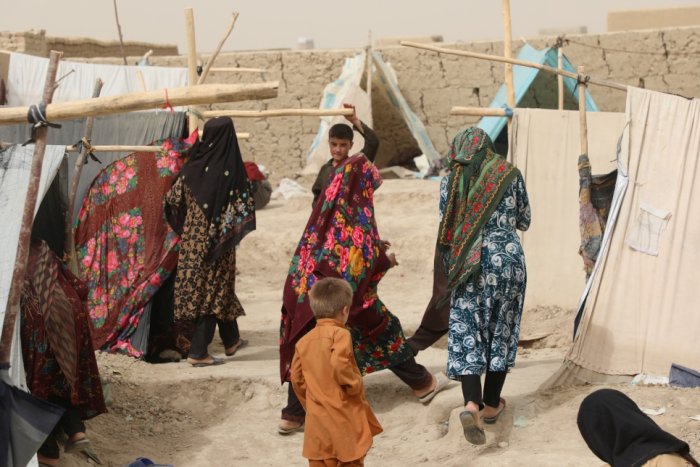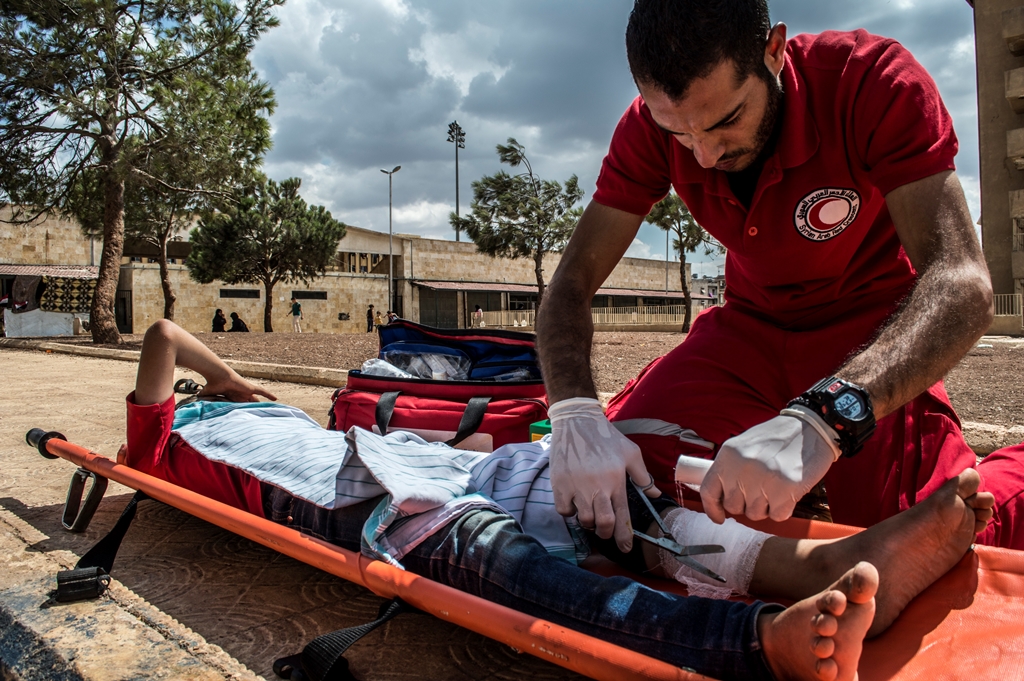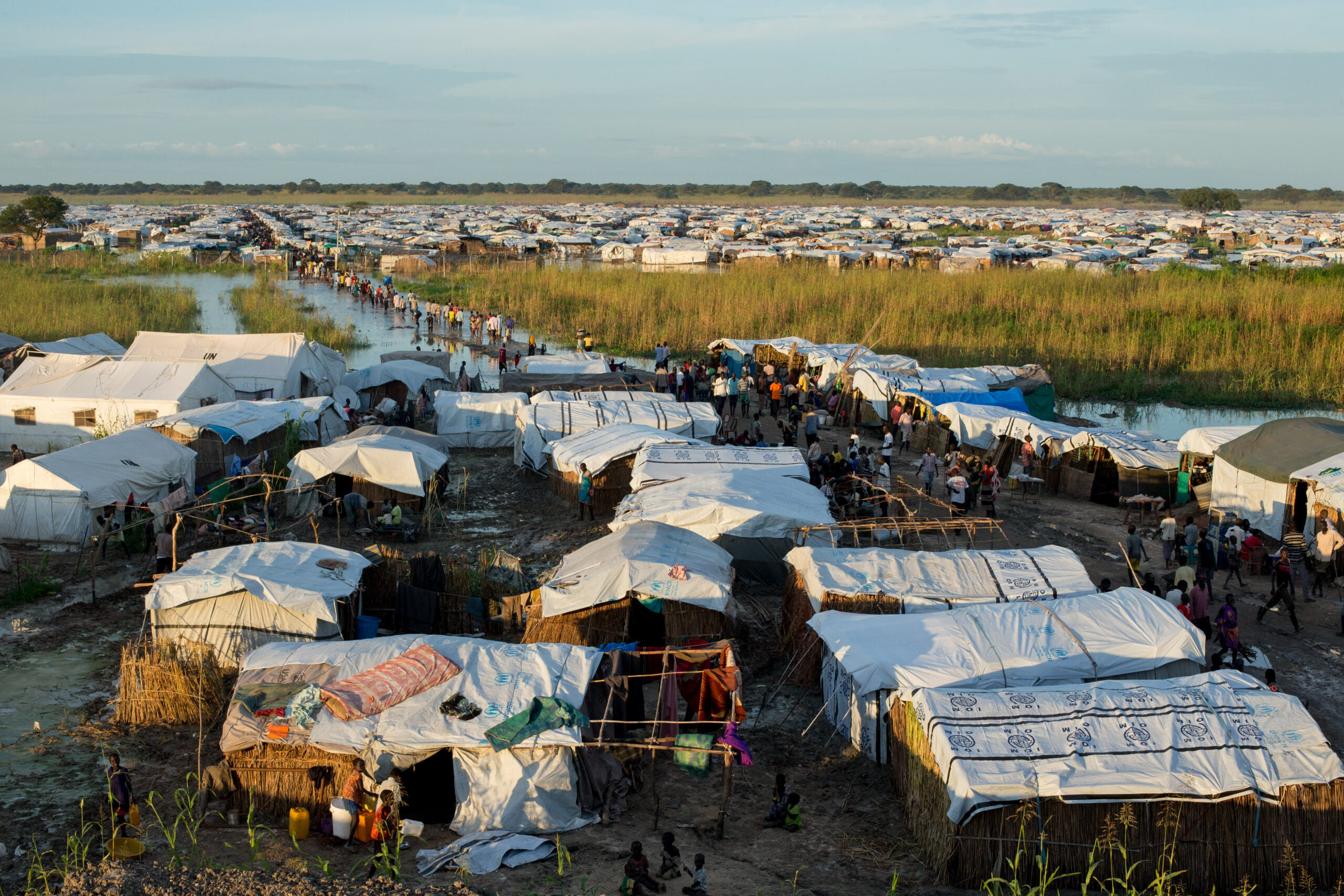Tips for donors on Afghanistan’s complex humanitarian emergency
Over the past years, the on-going humanitarian situation in Afghanistan didn’t receive much attention from the world’s leaders or the press despite its regular presence on NGO and United Nations emergency watchlists. After a mission to Afghanistan in late 2019, Kathryn Striffolino and I observed that, “Afghanistan is a chronically neglected humanitarian crisis, manifesting itself […]

Over the past years, the on-going humanitarian situation in Afghanistan didn’t receive much attention from the world’s leaders or the press despite its regular presence on NGO and United Nations emergency watchlists. After a mission to Afghanistan in late 2019, Kathryn Striffolino and I observed that, “Afghanistan is a chronically neglected humanitarian crisis, manifesting itself over more than four decades of conflict and climate-induced disasters. Recent political developments have exacerbated, not mitigated, humanitarian risk and are resulting in a marked deterioration in conditions on the ground for the civilian population.”
The pandemic, drought and stalled peace negotiations exacerbated the situation for Afghans over the last two years. The world is witness to the further rapid deterioration of the past weeks as the U.S. forces commenced their withdrawal and the Taliban advanced across the country. The growing uncertainty of the future is sure to bring additional population movements to a country that has already experienced a doubling of displacements since 2020.
The Center for Disaster Philanthropy (CDP) is monitoring the situation and advises that philanthropy explore helping in the following ways:
- Listen to the voice of Afghans and explore how you can amplify their messages and needs. As with any complex humanitarian crisis, the situation for the affected people can be lost within the noise of political positioning and competing demands. Among sources of the Afghan voice are national journalists who are increasingly under threat. The International Center for Journalists has compiled a list of ways you can support Afghan reporters.
- Advocate with your elected officials for the swift evacuation and resettlement of the thousands of Afghans in imminent danger through speedier processing and an increase in the refugee resettlement ceiling.
- Explore how to help. The crisis for the Afghan people goes beyond their borders:
- Nonprofits are working to resettle Afghans processed via the Special Immigrant Visa or P-2 designations in the United States or other host or transit countries. Specialized resettlement agencies need funding, designated in-kind contributions and volunteers as they help Afghans integrate and thrive in their new country. For more information on who is helping, we recommend you visit Refugee Council USA or the UN refugee agency‘s U.S. website.
- In 2021, the UN Humanitarian Needs Overview estimated 18.4 million people in need of humanitarian assistance across Afghanistan. NGOs and the UN have pledged to continue their efforts to assist affected Afghans. To do so, they are in urgent need of funds, for “timely funding saves lives, protects livelihoods, eases suffering and prevents further displacement.”
- Support is also needed in bordering countries, where prior to this current crisis, Afghan refugees numbered more than 2.8 million people, one of the world’s largest protracted refugee populations. While there had been promising signs in the past years of returns to Afghanistan, this trend has reversed, and an exodus is anticipated. CNN Impact Your World has compiled a list of vetted organizations.
Despite decades of conflict and political instability, Afghanistan has made great strides toward improving conditions for its residents over the past 20 years, especially for women and girls. The people of Afghanistan need support in ensuring these gains are not lost.
As this is a complex humanitarian emergency, the needs of affected communities and how best to support immediate relief and long-term recovery may vary from other disaster responses.
CDP remains in close communication with our grantee partners who support immigrant and refugee communities in the U.S., as well as those working in and around Afghanistan. As we assess and learn more, we will share opportunities and additional informational resources to guide your disaster philanthropy for the people of Afghanistan.
More like this

World Humanitarian Day: Call to Protect Humanitarian Workers and Volunteers

